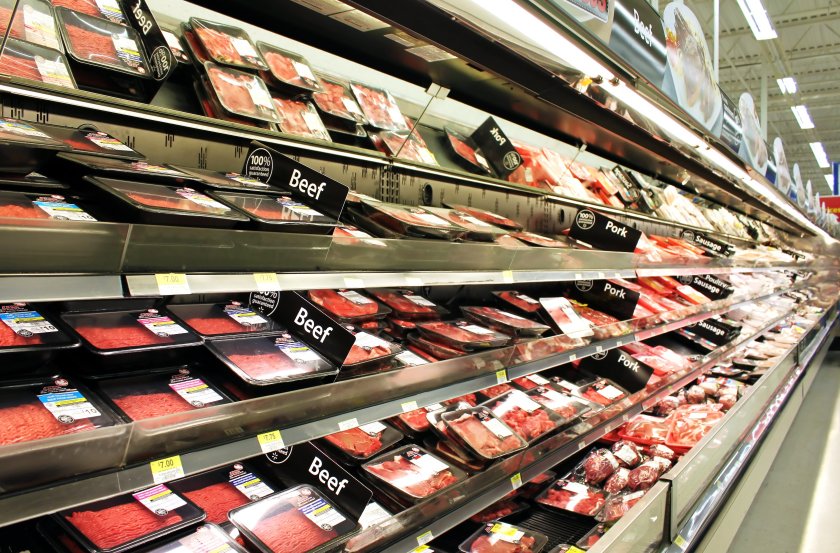Retailers' warm words 'ring hollow' as imported beef fills shelves

British farmers have been dealt a fresh blow as major supermarkets are accused of abandoning their commitments to homegrown beef in favour of cheaper imports.
It follows reports of beef produced as far away as Australia, Uruguay, and New Zealand appearing on supermarket shelves across the country.
According to the NFU, three major supermarkets have backtracked on their pledges to source British beef and stocking imports from these countries.
This shift comes at a particularly difficult time for British farmers, who are already grappling with an unprecedented range of challenges.
The NFU warns that recent trade deals and the increase in imported meat represent a further blow to UK food security and to farmer confidence, currently at an all-time low.
David Barton, the union's livestock board chair, said it was "deeply concerning" to see major retailers move away from their commitments in favour of imports with lower standards.
"Our long-standing partnerships with retailers have supported sustainable supply chains, so this shift is alarming," Mr Barton added.
“We’ve heard warm words from almost every major retailer pledging support for British farmers. But these words ring hollow when they are not matched by consistent action on shelves.
"Sourcing decisions like these erode trust and damage farmer confidence at a time when the sector is facing immense challenges."
British farmers have invested millions in higher welfare systems, such as reducing antibiotic use in beef and lowering poultry stocking densities in sheds.
In turn, over one million people have signed an NFU petition calling for all food imports to match these standards..
Mr Barton said: “Long-term sourcing commitments from retailers is essential to ensure the high welfare British food consumers want remains available and that we’re not in a race to the bottom.”
Following the reports, the NFU is urging retailers to reaffirm their support for British farmers by maintaining consistent sourcing policies and ensuring that British beef retains pride of place on supermarket shelves.








